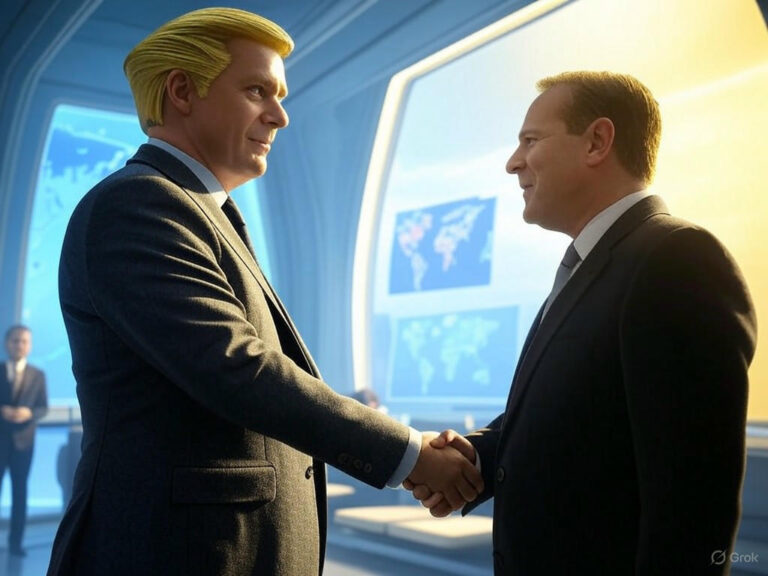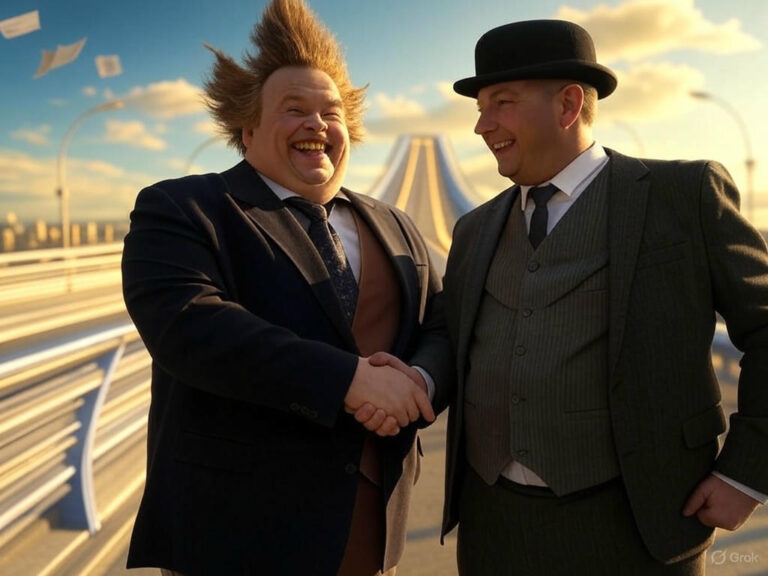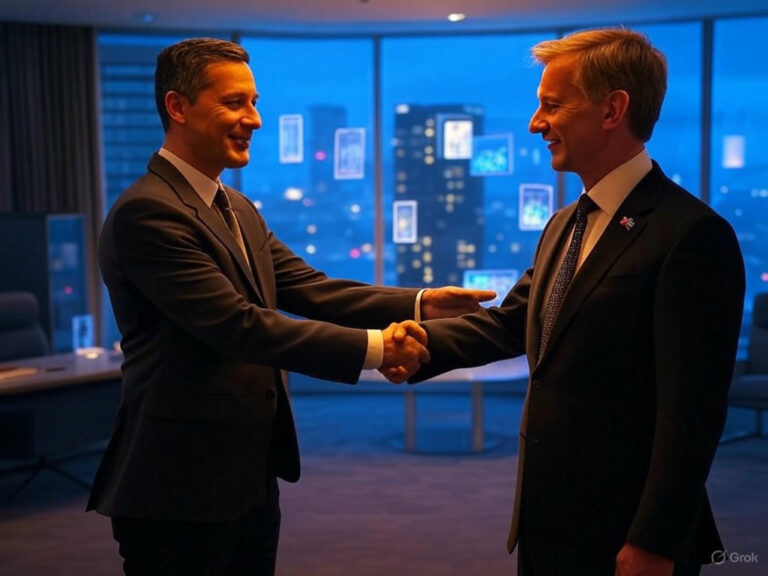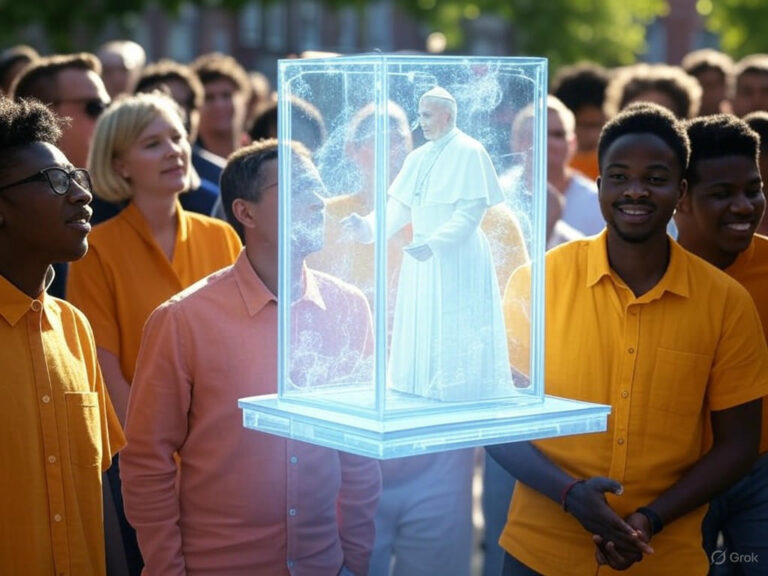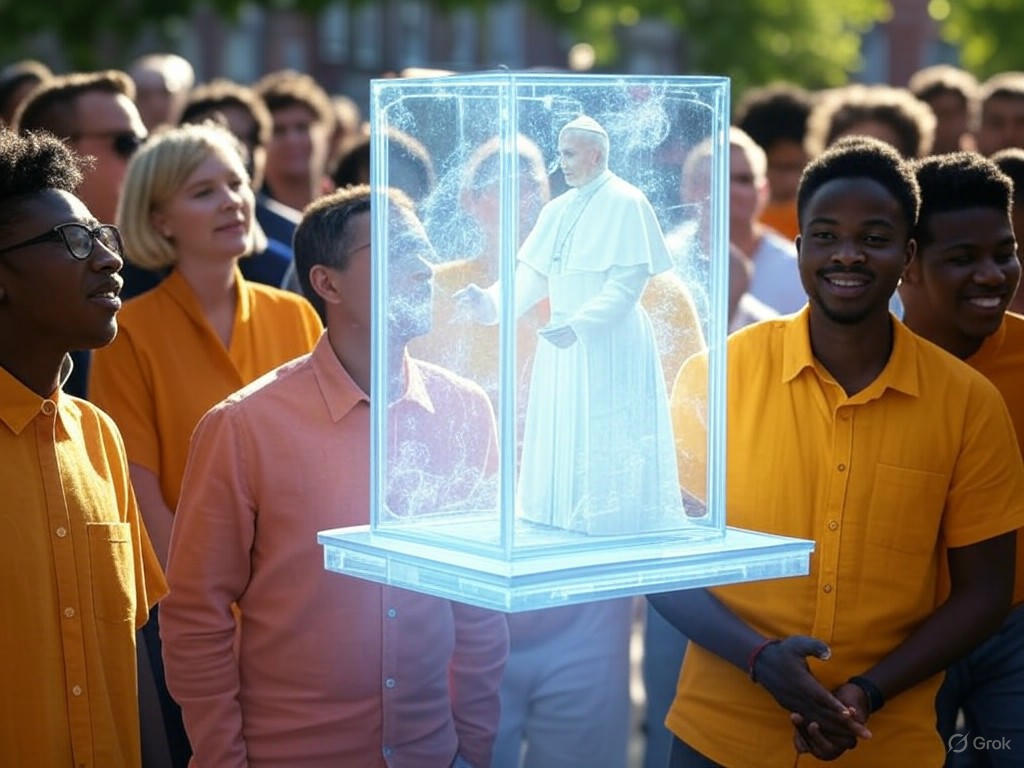
Vatican Conclave: Boston Catholics Eagerly Await New Pope Selection
Boston Catholics Await Historic Vatican Conclave Amid Changing Religious Landscape
Boston Catholics are buzzing with anticipation as the Vatican Conclave draws near, a pivotal event where cardinals will select the next Pope. This moment reflects the evolving religious dynamics in a city once defined by its deep Catholic roots. As Boston Catholics Vatican Conclave discussions unfold, many in the community are reflecting on how this global decision could influence their local faith practices and address ongoing challenges.
In this historically Catholic city, the excitement is palpable, blending tradition with modern uncertainties. Despite shifts in demographics and attendance, the conclave serves as a reminder of the enduring ties that bind Bostonians to the Catholic Church worldwide. It’s a time for reflection, hope, and conversation about what a new Pope might mean for everyday life here.
Historical Significance of Catholicism in Boston
Boston’s Catholic heritage stretches back centuries, evolving from a marginalized faith to a cornerstone of the city’s identity. The Archdiocese of Boston has been shaped by immigration waves and cultural shifts that mirror the broader American Catholic story. Understanding this history helps us appreciate why Boston Catholics Vatican Conclave events hold such emotional weight today.
In the 19th century, figures like Bishop John J. Williams played a key role in expanding the Church’s reach. By 1866, when he became bishop, the diocese served about 200,000 Catholics across 109 parishes and numerous institutions. As Irish immigrants moved into new neighborhoods post-Civil War, Williams established parishes in areas like South Boston and Brighton, adapting to the community’s growth.
By the early 20th century, the Catholic population had surged to 850,000, driven by industrialization in sectors like textiles and leather. Have you ever considered how economic booms can reshape religious communities? Under leaders like Archbishop William H. O’Connell, who served until 1944, the number of parishes grew to 325, solidifying Boston’s status as a Catholic stronghold.
Growth Through Industrialization and the Baby Boom
The mid-20th century marked a peak for Boston Catholicism, especially during Cardinal Richard J. Cushing’s tenure. By the 1960s, the archdiocese boasted 411 parishes, catering to the baby-boomer generation and a population exceeding three million. This era of expansion highlights how external factors, like post-war prosperity, fueled the Church’s influence.
Yet, these growth spurts also brought challenges, as the Church adapted to urban changes. For Boston Catholics, the Vatican Conclave today echoes these historical moments, where leadership transitions sparked renewal. It’s fascinating to think about how past adaptations could inform the Church’s future direction.
Current State of Catholicism in Boston
Today, Boston’s Catholic scene is a mix of decline and revival, mirroring national trends in religious affiliation. Recent data shows that only about 30% of Boston adults identify as Catholic, down from higher numbers two decades ago. This shift raises questions for Boston Catholics Vatican Conclave watchers about the Church’s role in a changing world.
Experts like Professor Francis Xavier Clooney, a Jesuit at Harvard, attribute part of this decline to scandals and societal changes. For instance, the sex abuse crisis and the impact of COVID-19 have strained connections to the institutional Church. Still, this evolving landscape doesn’t diminish the conclave’s importance—it’s a beacon for potential healing and growth.
Demographic Shifts and Declining Membership
Pew Research Center data reveals a 20% drop in Catholic identification across the U.S. since 2000, with Boston feeling the effects acutely. Factors like Vatican statements on social issues have widened the gap for some. As Boston Catholics prepare for the Vatican Conclave, many are grappling with how these trends might influence the new Pope’s agenda.
Imagine a community once central to daily life now navigating distance and doubt. This isn’t just statistics—it’s personal stories of families reconsidering their involvement. Addressing these shifts could be a key focus for the incoming pontiff, making the conclave a critical juncture.
Signs of Renewal and Growth
Not all news is somber; the Archdiocese of Boston reports an uptick in catechumens, with 458 adults preparing for baptism in 2025, up from 360 the previous year. This resurgence suggests that while overall numbers dip, new interest is brewing, possibly inspired by events like the Vatican Conclave. Boston Catholics Vatican Conclave conversations often highlight this optimism, pointing to fresh energy in diverse communities.
Population growth in suburbs has also led to parish expansions, blending old traditions with new faces. What if this renewal signals a broader revival? It’s a reminder that faith can adapt and thrive, even in challenging times.
Factors Influencing Boston’s Catholic Community
Boston’s Catholics face a range of influences, from social attitudes to cultural diversity, all intersecting with the upcoming Vatican Conclave. Tensions around Church teachings on topics like surrogacy and same-sex marriage have sparked debates. For Boston Catholics, the Vatican Conclave represents an opportunity for the Church to bridge these divides.
Recent papal comments, such as calling surrogacy “despicable,” have resonated with local demographics, where about 20% of women deal with fertility issues. Meanwhile, with around 8% of Boston adults identifying as LGBTQ+, there’s a push for more inclusive dialogue. These factors make the conclave not just a distant event, but a local conversation starter.
Changing Social Attitudes and Church Teachings
The Church’s positions often clash with progressive views in Boston, a city known for its intellectual and social vibrancy. Pope Francis’s allowance for priests to bless same-sex couples, while upholding traditional marriage, has been a mixed signal for many. As Boston Catholics Vatican Conclave anticipation builds, they’re hoping for a leader who can navigate these complexities with empathy.
This balance is crucial—how can the Church stay true to its roots while addressing modern realities? It’s a question many are pondering as the cardinals convene.
Diversity and Multilingual Communities
Boston’s Catholic mosaic includes vibrant Hispanic, Asian, Brazilian, and Haitian groups, each with unique parish traditions. This diversity strengthens the community but demands adaptive strategies, like multilingual services. The Vatican Conclave could amplify these efforts, inspiring global perspectives that enrich local practices.
For instance, imagine a Haitian American family in Dorchester finding deeper connections through papal initiatives. Embracing this variety is key to Boston Catholics’ ongoing evolution.
The Vatican Conclave: Process and Significance
The Vatican Conclave is an ancient ritual where cardinals gather in the Sistine Chapel to elect a new Pope, isolated from external influences. This process, involving secret ballots and the iconic smoke signals, combines prayer and strategy. For Boston Catholics, the Vatican Conclave is more than tradition—it’s a potential catalyst for change in their daily lives.
Voting continues until a two-thirds majority is reached, with the new Pope’s election shaping Church policies worldwide. Understanding this helps Boston Catholics appreciate the event’s broader impact.
Impact on Local Catholic Communities
A new Pope’s priorities can ripple down to dioceses like Boston’s, influencing everything from social justice to community outreach. Boston Catholics Vatican Conclave discussions often focus on issues like abuse reforms and youth engagement. This selection could determine how the Church responds to local needs, fostering renewal or upholding tradition.
Consider how a progressive pontiff might encourage Boston parishes to tackle inequality. It’s an exciting possibility that keeps the community engaged.
Boston Catholics’ Perspectives on the Papal Selection
Opinions vary widely among Boston Catholics as they await the Vatican Conclave outcome. Some hope for reforms that promote transparency, especially after past scandals, while others value doctrinal consistency. This diversity makes the event a lively topic in coffee shops and homes alike.
Younger generations, in particular, seek a Pope who can make faith relevant amid declining affiliations. What do you think the Church needs most right now?
Hopes for Renewal and Reform
Advocates like Madeline Marlett of Dignity Boston push for LGBTQ+ inclusion, seeing the Vatican Conclave as a chance for progress. Others prioritize core teachings, fearing change could dilute identity. Balancing these views will be a test for the new leader.
Through it all, Boston Catholics remain hopeful, drawing on their resilient history.
Looking Forward: The Future of Boston Catholicism
As the Vatican Conclave approaches, Boston Catholics are pondering the road ahead in an increasingly secular society. Professor Clooney’s insights remind us that packed churches may be a thing of the past, but innovative outreach could spark new interest. The conclave’s result might just be the spark needed for adaptation.
With rising catechumen numbers, there’s real potential for growth. Tips for staying connected? Consider joining local discussions or exploring online resources to keep your faith vibrant.
Balancing Tradition and Innovation
The Church must honor its heritage while innovating for today, and Boston Catholics Vatican Conclave reflections underscore this. Strategies like community events or digital ministries could help bridge gaps. It’s about finding that sweet spot between the old and the new.
Conclusion: A Pivotal Moment for Boston Catholics
The Vatican Conclave is a defining chapter for Boston Catholics, offering a chance to reaffirm their place in a changing world. Despite challenges, with 30% of adults still identifying as Catholic, the faith’s legacy endures. As we wrap up, remember that this event isn’t just about selecting a leader—it’s about inspiring ongoing dialogue and community.
If you’re a Boston Catholic or simply curious, share your thoughts in the comments below. What excites you most about the Vatican Conclave? Explore more on our site for related stories, and feel free to subscribe for updates.
References
- Pew Research Center. “Religious Landscape Study: Boston, MA.” Link.
- Archdiocese of Boston. “Population Increases Fuel Parish Growth.” Link.
- Catholic Courier. “Several U.S. Dioceses Seeing Increase in Number of New Catholics.” Link.
- Applied Geographic. “Boston Religious Affiliation.” Link.
- CBS Boston. “Catholic Boston: Parishes Decline in Membership Amid LGBTQ and Infertility Issues.” Link.
- Other sources consulted include general references like the AP Stylebook and historical data compilations.

